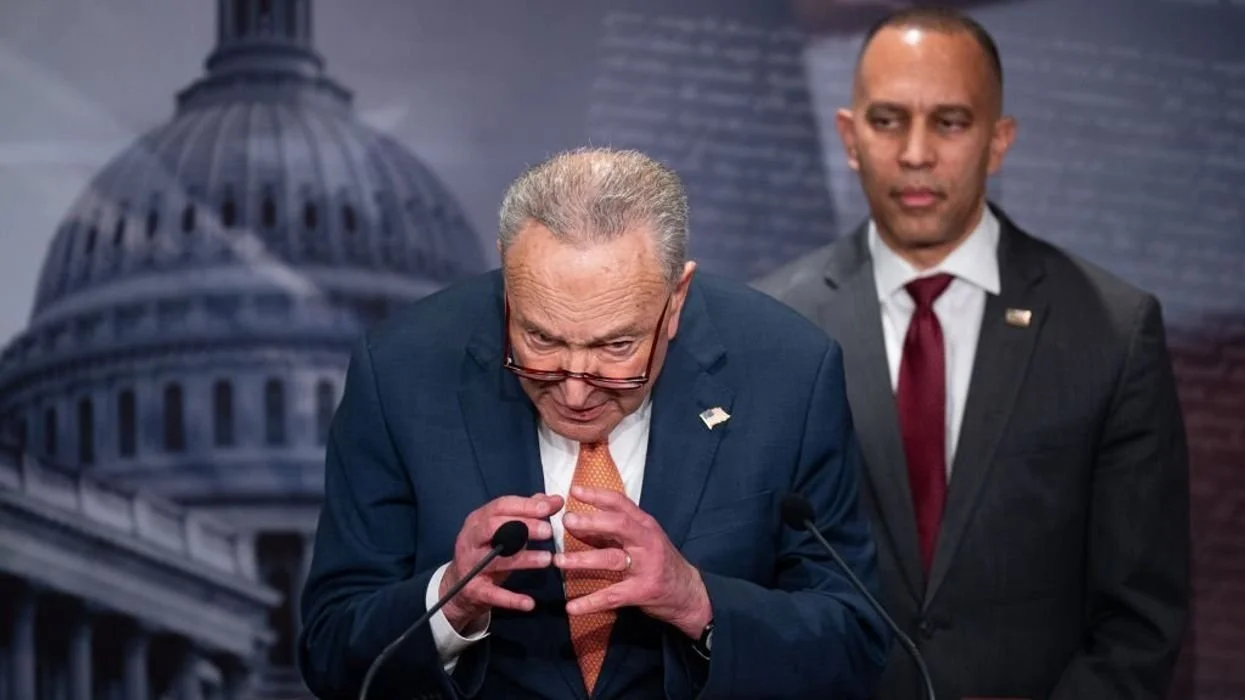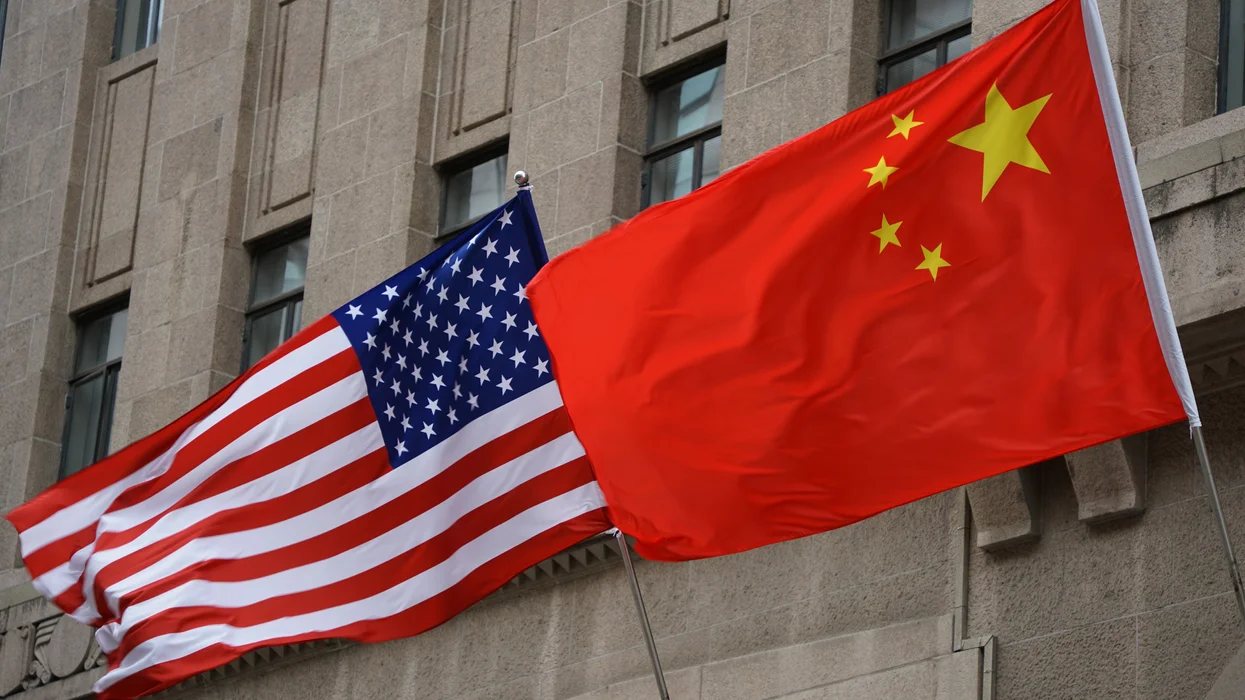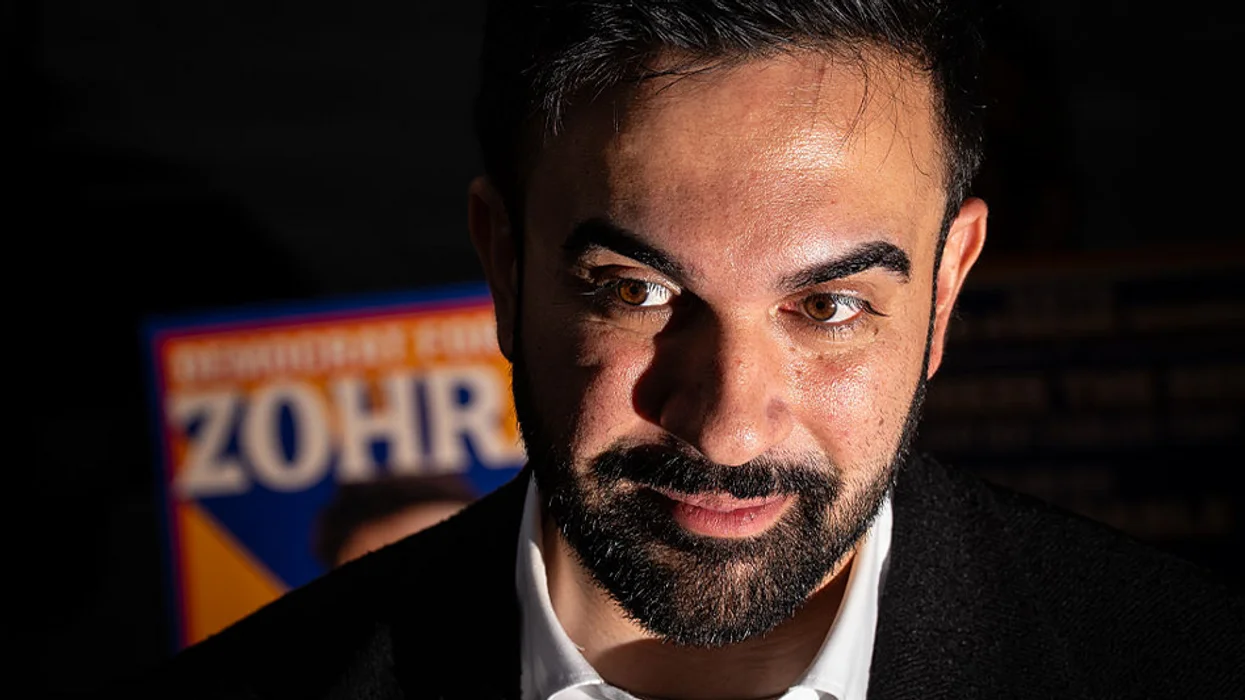© 2025 Blaze Media LLC. All rights reserved.
Drug Manufacturer to Research Addictive Painkiller OxyContin for Children as Young as Six
July 02, 2012
OxyContin is infamous as an effective -- but additive -- narcotic that can easily be considered one of the most abused of prescription painkillers. Now, The Daily reports, the manufacturer is looking into studying the drug's affect on children as young as six with the potential for the Federal Drug Administration to someday approve it for younger patients. Still, some believe there is more to the company wanting to conduct the trial than just researching the affect on children.
The Daily says the reasoning behind trying to extend the label to include younger children could be its method to "extend the company’s expiring patent." Although, the manufacturer that makes the drug -- Purdue Pharma -- says it is moving forward down this road as some doctors are already prescribing OxyContin to children without tests of its influence or proper dosage guidelines.
According to the Department of Justice's National Drug Intelligence Center, nearly 1 million Americans 12 and older have used OxyContin recreationally at least once. It notes abuse in high school age students is a particular problem with 4 percent of high school seniors in the U.S. taking the drug non-medically at least once, according to the University of Michigan's Monitoring the Future Survey.
OxyContin is also a considered a gateway drug to other harder substances such as heroin.
“We’ve had 10 people die since May. Constant funerals lately,” Joanne Peterson, founder of Learn to Cope, a Massachusetts-based group that helps parents of pill-addicted youth, said to The Daily. All of the young people died from heroin overdoses, but their addiction started with OxyContin, she said. They moved to heroin because it provides a similar high but is cheaper.
The trial Purdue will conduct, according to The Daily, involving minors age 6 t0 16 is expected to be complete by August 2013. Some pediatricians are on board with testing the drug on younger patients, but others worry about the manufacturer's practices as a whole after a 2007 court case where the company admitted to misleading professionals and patients on the addictive nature of the drug:
“There’s good medical evidence that suggests a brain that’s not fully mature is at greater risk at developing the disease of addiction,” said Andrew Kolodny, president of Physicians for Responsible Opioid Prescribing and the head of psychiatry at Maimonides Medical Center in New York City. The pediatric community underestimates those risks, he said, because they have given too much credence to drugmakers, who have systematically downplayed the dangers.“Much of that misinformation (came from a) campaign funded by Purdue.”
Still, the company and other medical professionals believe there is much to be learned about a developing mind and how it would metabolize this sort of drug:
“We feel it is beneficial for clinicians who are treating pediatric patients with chronic, moderate-to-severe pain to have access to this information in scientific publications and in the product’s label, whether the results are positive or negative, so they can make better decisions about the care of their patients,” company spokesman James Heins wrote in an e-mail to The Daily.[...]
“It’s clear in children certain drugs are definitely metabolized differently,” said Dr. Jeffrey Galinkin, a member of the American Academy of Pediatrics’ committee on drugs and research director of anesthesiology at Children’s Hospital of Colorado.
Purdue’s pediatric trial will help clarify how best to use the drug, he said. “It’s information we really do need to have.”
The Daily notes that 60 percent of drugs prescribed to children are not FDA approved for their use. This means doctors could be guessing dosages.
Still others think the true motivation behind Purdue's study is to protect its sole patent rights for the drug that will expire next year. Dr. Elliot Krane, director of pain management at Lucile Packard Children’s Hospital at Stanford University in Palo Alto, Calif., told The Daily that he believes "patent exclusivity" is the reason Purdue wants to research the drug on children and teens.
How would a trial such as this actually extend patent rights? The Daily reports that the FDA has been wanting drug companies to conduct tests for children's use -- something rarely done because of the smaller market size -- with the incentive of six months patent extension.
Read more details from both sides in The Daily here.
Want to leave a tip?
We answer to you. Help keep our content free of advertisers and big tech censorship by leaving a tip today.
Want to join the conversation?
Already a subscriber?
more stories
Sign up for the Blaze newsletter
By signing up, you agree to our Privacy Policy and Terms of Use, and agree to receive content that may sometimes include advertisements. You may opt out at any time.
Related Content
© 2025 Blaze Media LLC. All rights reserved.
Get the stories that matter most delivered directly to your inbox.
By signing up, you agree to our Privacy Policy and Terms of Use, and agree to receive content that may sometimes include advertisements. You may opt out at any time.





